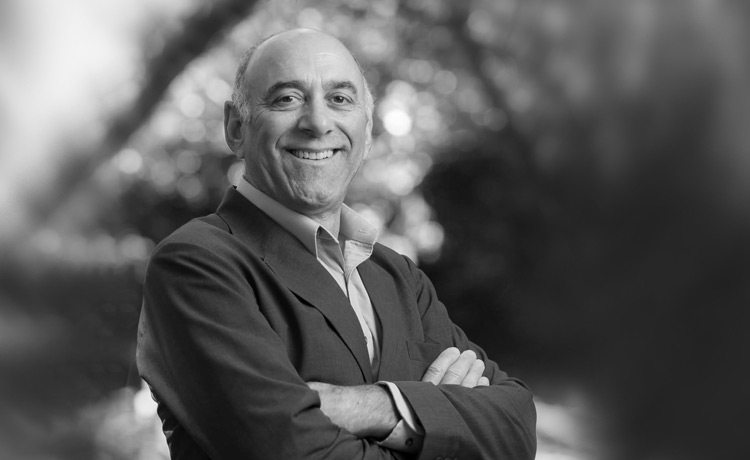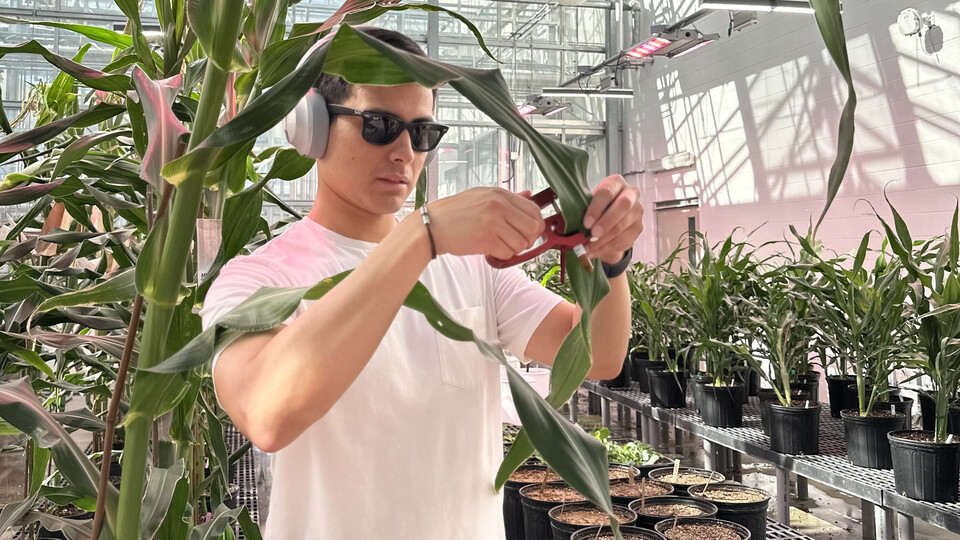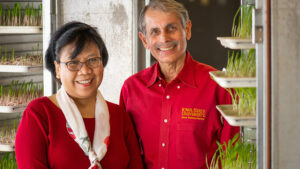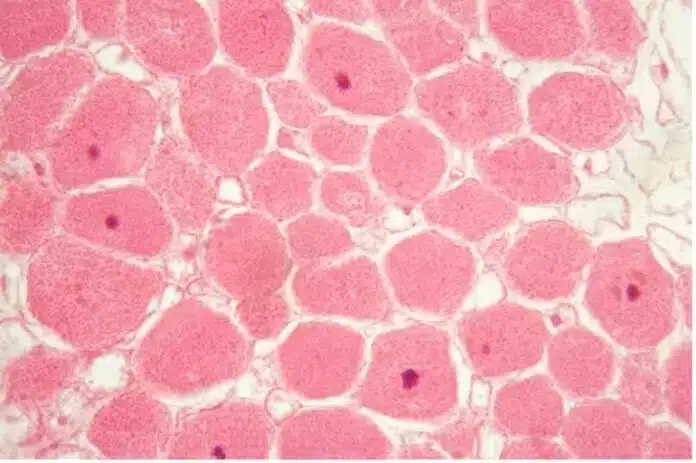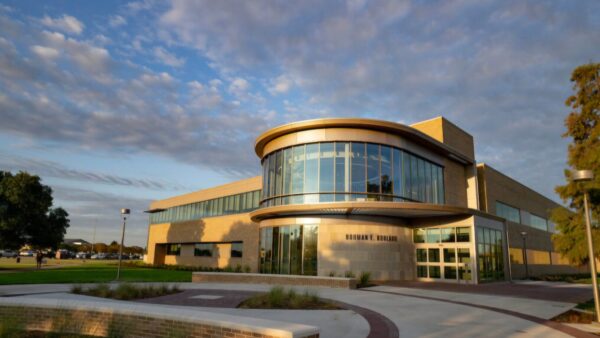Adaptive Symbiotic Technologies CEO Rusty Rodriguez has been a leading expert in plant-fungal symbiosis while effectively managing research laboratories in academic and government institutions. He shares his secret to staying focused.
Seed World: What are you reading, and why?
Rusty Rodriguez: “The Wright Brothers” by David McCullough. This is a fantastic story about two brothers who used their knowledge of building bicycles to develop technology that started the aviation industry. Though many others had tried and failed, Wilber and Orville Wright persevered through adversity and risk to succeed in developing a technology that would change the future of civilization. Unlike these brothers, I think that too often people are unwilling to take risks, embrace change and visualize what can be. Stories like this remind me about the profound impact individuals can have on civilization and how groundbreaking technologies often require cross-disciplinary efforts.
SW: What concerns you most about what’s happening in the industry?
RR: The consolidation of large companies. As organizations get larger, they lose the ability to rapidly adapt to changing needs of agriculture and food security, and to generate or adopt new technologies. I believe that the strength of U.S. agriculture is based as much on hard work as it is on creative technological developments in engineering, chemistry and biology.
SW: What is your No. 1 hobby, and how does it help you in your work?
RR: This is a little hard to choose, but I would say cycling. Seattle is a great place to cycle with numerous bike paths and lanes. For me, cycling provides uninterrupted time to let my mind wander far afield or focus on specific issues. During the wet, cold winter months, cycling to work forces me outside.
SW: What do you never travel without?
RR: Exercise apparel. Although they vary in size and quality, it is great that hotels have workout facilities. Exercising allows me to clear my head, maintain flexibility, sleep well and focus on business activities.
SW: What do you like most about your field of study?
RR: The challenge of understanding how two or more very different organisms live together. My field of study is symbiosis, which was discovered in the 1800s and since that time, has been shown to be a universal phenomenon for plants and animals. In fact, plants and animals can’t survive without their symbiotic partners. The most remarkable aspect of this is that the communication that occurs between symbiotic partners is just
starting to be understood.
SW: What do you dislike most?
RR: Although symbiosis is one of the most important aspects of plant and animal life on Earth, it is not well recognized in the scientific community. Only a small percentage of scientific papers on agriculture, ecology or physiology of plants include microbial components. This can make it difficult for people to understand what we do and the value microbial research can bring to agriculture.
SW: Why plant-fungal symbiosis?
RR: Crop production and food security are being impacted by climate change. Regardless of your political views on this matter, farmers around the world are being impacted by the increasing frequency and severity of abiotic stresses such as drought, temperature and salinization. It may be possible to commercialize symbiotic technology to mitigate impacts of climate change on crop production.


